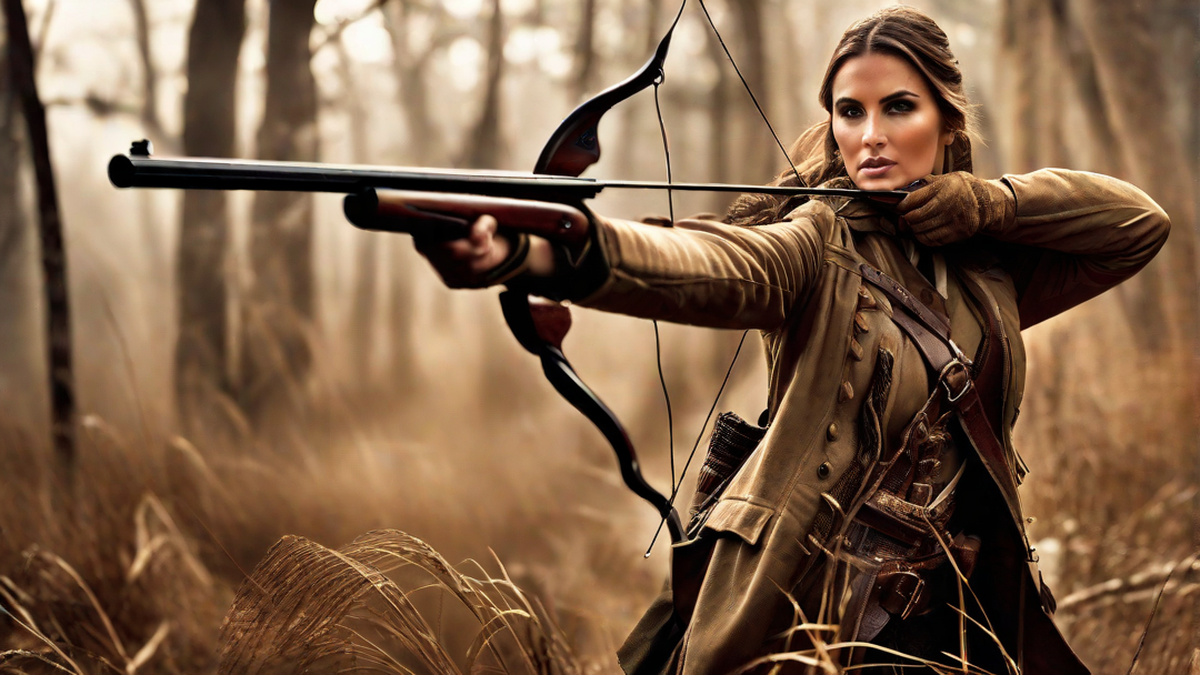As an avid outdoorsman, I have always been fascinated by the debate of bow hunting versus gun hunting. Both methods have their own unique advantages and challenges, and each appeals to different types of hunters. In this article, I will explore the pros and cons of both bow hunting and gun hunting, and share my personal experiences and opinions on which method I believe is better.
The Art and Challenge of Bow Hunting
Bow hunting is often considered the more traditional and primal form of hunting. It requires a great deal of skill, patience, and precision. Drawing back a bowstring and releasing an arrow towards your target demands physical strength and a steady hand. The close range and silent nature of bow hunting add to the excitement and challenge.
One of the greatest advantages of bow hunting is the opportunity for a more intimate and immersive hunting experience. Since bows have shorter effective ranges compared to firearms, it requires hunters to get much closer to their prey. This forces hunters to become more in tune with their surroundings, mastering the art of stealth and camouflage. The adrenaline rush of taking a shot with a bow is unmatched, and the sense of accomplishment when successfully hitting your target is incredibly rewarding.
However, it is important to note that bow hunting does come with its fair share of challenges. The limited effective range of a bow means that hunters must have a high level of accuracy and precision. Additionally, it takes a lot of practice to become proficient with a bow. The learning curve can be steep, and it requires dedication and commitment to master the skills necessary for a successful hunt. It is also worth mentioning that bows are less powerful than firearms, which means a well-placed shot is crucial to ensure a clean and ethical kill.
The Versatility and Power of Gun Hunting
On the other hand, gun hunting offers its own set of advantages that cannot be overlooked. Firearms provide hunters with a significant advantage when it comes to range and power. With a well-calibrated rifle or shotgun, hunters can accurately and effectively take down targets from much greater distances. This allows for a higher chance of success, especially in open and vast terrains where getting within bow range may be challenging.
Guns also offer a greater margin for error. A well-placed shot with a gun can be lethal even if the hunter’s aim is not perfect. This provides a safety net for less experienced hunters or those who may not have the physical strength or skill required for bow hunting. Additionally, guns can handle a wider variety of game, including larger and more dangerous animals, providing hunters with more versatility in their pursuits.
However, it is essential to mention that gun hunting can sometimes lack the primal and intimate connection to nature that bow hunting provides. The noise and long-range capability of firearms can make it easier for hunters to become detached from the process and the environment. It is important for gun hunters to prioritize ethical hunting practices and ensure that they maintain a respect for nature and wildlife.
Conclusion
Ultimately, whether bow hunting is better than gun hunting or vice versa depends on individual preferences, skills, and the type of experience one seeks in the great outdoors. Both methods have their merits and challenges. Bow hunting offers a more intimate and challenging experience, requiring skill, patience, and precision. On the other hand, gun hunting provides greater range, power, and versatility.
As for me, I find myself drawn to the art and challenge of bow hunting. The physical demands, close encounters, and the satisfaction of a well-placed shot make it an incredibly fulfilling experience. However, I also acknowledge the practicality and effectiveness of gun hunting in certain situations. Ultimately, the choice between bow hunting and gun hunting should be made based on personal preference, skill level, and a commitment to ethical hunting practices.
